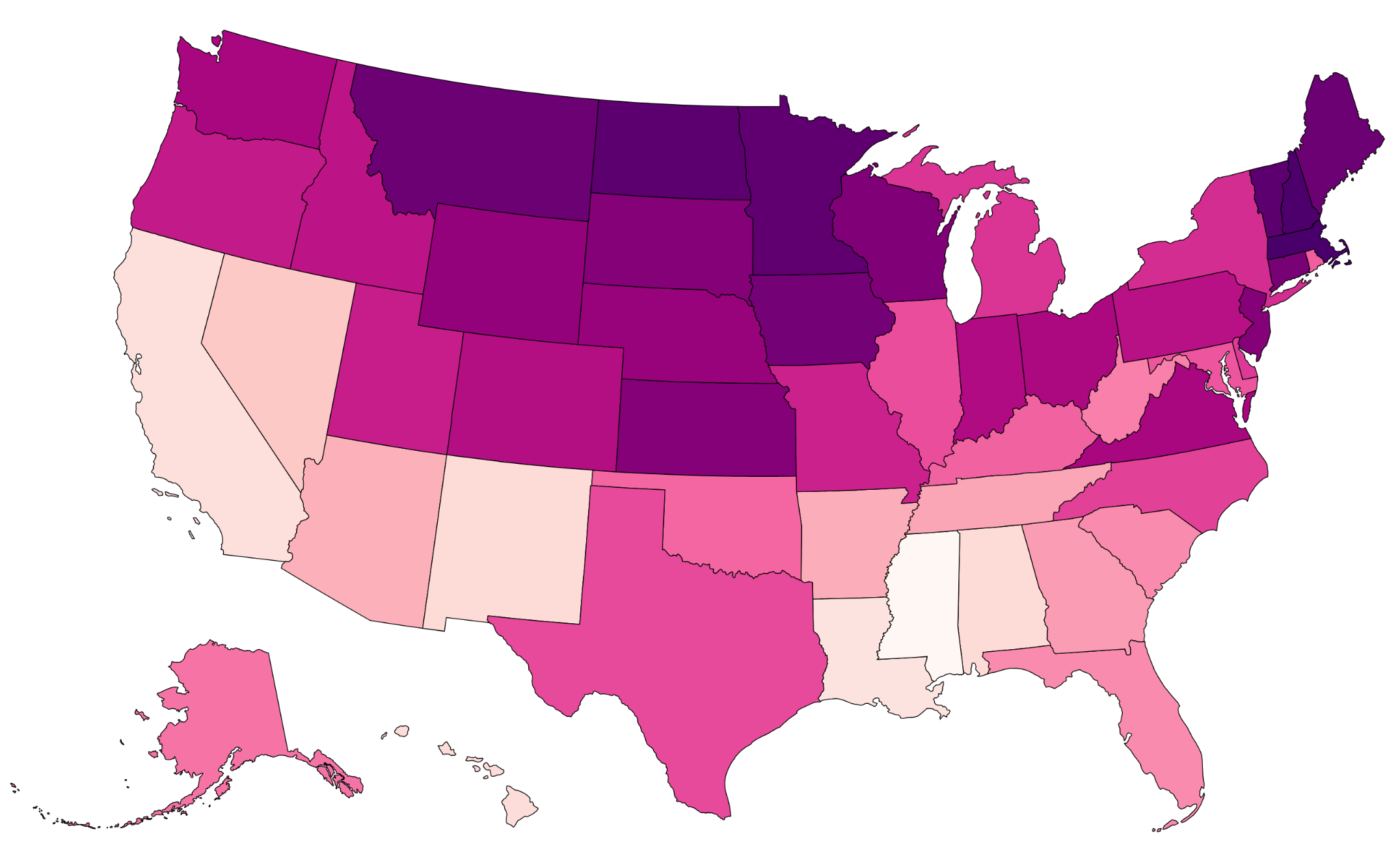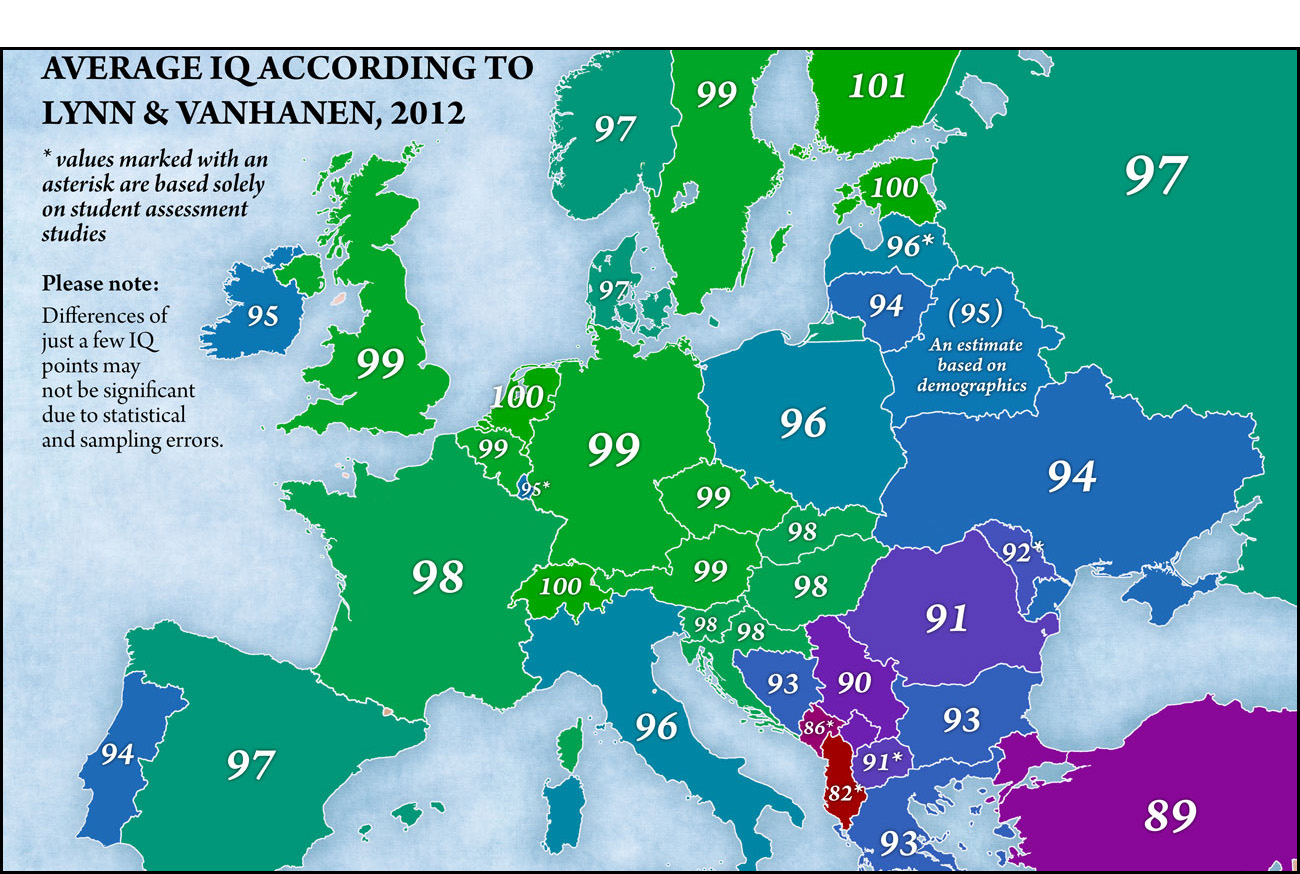Exploring The Country With The Lowest IQ: A Fascinating Dive Into Intelligence Metrics
When we talk about intelligence, it's important to remember that it's more than just a number. The concept of IQ or Intelligence Quotient has been debated for years among scientists and psychologists. So, what does it really mean to explore the country with the lowest IQ? Let's break it down and uncover some surprising insights.
Picture this: You're scrolling through the internet, and suddenly you stumble upon the term "country with the lowest IQ." Your curiosity kicks in, right? But hold up, before we dive headfirst into rankings and stats, let's take a moment to understand what we're really discussing. IQ isn't just a measure of how smart someone is; it's a complex metric influenced by education, culture, and socioeconomic factors.
Now, you might be wondering why this topic matters. Well, understanding global IQ trends can shed light on educational gaps, economic disparities, and even public health issues. So, buckle up, because we're about to embark on a journey that might just change how you view intelligence worldwide.
- Where Is Fleece Johnson From A Deep Dive Into The Origins Of A Rising Star
- When Did Suits Start The Ultimate Journey Through Time
Understanding IQ: What Does It Really Mean?
IQ stands for Intelligence Quotient, and it's basically a standardized score used to assess a person's cognitive abilities. But here's the kicker—it's not just about being book-smart. It takes into account problem-solving skills, logical reasoning, and adaptability. So, when we talk about the country with the lowest IQ, we're really looking at how these factors play out on a global scale.
Let’s break it down further. IQ tests are designed to measure specific types of intelligence, like verbal comprehension, perceptual reasoning, and working memory. But here’s the thing—they don’t account for emotional intelligence or creativity, which are equally important in real life. So, before we jump into rankings, let’s remember that IQ is just one piece of the puzzle.
Factors Influencing IQ Scores
Now, let’s talk about the biggies—what really affects IQ scores? Education, nutrition, and access to resources are huge players. Think about it—if someone doesn’t have access to proper schooling or nutritious food, their cognitive development might be impacted. Socioeconomic factors also come into play, as they influence the opportunities someone has to grow intellectually.
- Who Was Jfks Father Unveiling The Life And Legacy Of Joseph P Kennedy Sr
- Spiraling Spirit Age A Deep Dive Into The Mystical Phenomenon
Here’s a quick rundown of the main factors:
- Education: Quality schooling makes a massive difference.
- Nutrition: A well-balanced diet fuels the brain.
- Health: Physical and mental health directly impact cognitive function.
- Economic Stability: Financial security allows for better learning environments.
Unpacking the Data: Which Country Has the Lowest IQ?
Alright, so you’re probably here for the big reveal. According to some studies, countries in sub-Saharan Africa tend to have lower average IQ scores. But before you jump to conclusions, remember that these scores are influenced by a ton of external factors. For instance, countries like Equatorial Guinea and Sierra Leone often appear at the bottom of the list.
But here’s the twist—these rankings aren’t set in stone. They’re based on limited data and can vary depending on the study. Plus, IQ tests aren’t always culturally fair, which means they might not accurately reflect a person’s true intelligence.
Breaking Down the Numbers
Let’s look at some numbers. According to one study, Equatorial Guinea has an average IQ of around 59. But again, this doesn’t mean the people there are less intelligent. It’s more about the challenges they face, like limited access to education and healthcare. Sierra Leone, another country often mentioned, has an average IQ of around 64. These numbers are sobering, but they highlight the urgent need for global intervention.
Why Do Some Countries Have Lower IQ Scores?
Now, you might be wondering why some countries consistently rank lower in IQ scores. It’s not because the people there are inherently less intelligent—it’s about the systemic issues they face. Poverty, lack of education, and poor healthcare are major contributors. Let’s break it down a bit further.
Take Equatorial Guinea, for example. Despite having one of the highest GDPs in Africa, wealth inequality is rampant. Many people still live in poverty, which directly affects their access to quality education and healthcare. In Sierra Leone, years of civil war have left deep scars, impacting the country’s development and educational infrastructure.
The Role of Education
Education is the key to unlocking potential. But in many low-IQ countries, schools are underfunded, teachers are underpaid, and resources are scarce. Imagine trying to learn math without textbooks or a proper classroom. It’s tough, right? That’s the reality for millions of kids around the world.
Global Efforts to Bridge the Gap
Thankfully, there are organizations and initiatives working to address these disparities. Programs like UNICEF and the World Bank are investing in education and healthcare in low-IQ countries. They’re building schools, training teachers, and providing essential resources to help kids thrive.
But it’s not just about throwing money at the problem. It’s about creating sustainable solutions that empower communities. For instance, microfinance programs are helping parents send their kids to school, while health initiatives are improving nutrition and reducing diseases that affect cognitive development.
Success Stories
There are some inspiring success stories out there. Countries like Rwanda and Ethiopia have made significant progress in recent years. By investing in education and healthcare, they’ve managed to boost IQ scores and improve overall quality of life. It just goes to show that with the right support, anything is possible.
The Impact of Cultural Bias in IQ Testing
Here’s a biggie—cultural bias in IQ testing. Many IQ tests are designed with Western norms in mind, which can disadvantage people from other cultures. For example, a question about snow might be easy for someone in Canada but confusing for someone in equatorial Africa. It’s not that the person is less intelligent—it’s that the test isn’t fair.
Scientists are working to develop more culturally sensitive IQ tests, but it’s a slow process. In the meantime, it’s important to approach these rankings with a critical eye. They’re not a definitive measure of intelligence—they’re just one way of looking at it.
Challenging the Status Quo
So, how do we challenge these biases? By promoting diversity in research and testing. By including a wider range of cultures and perspectives in the development of IQ tests. And by recognizing that intelligence isn’t one-size-fits-all. It’s diverse, multifaceted, and beautiful in its complexity.
What Can We Learn from This?
At the end of the day, exploring the country with the lowest IQ is about more than just numbers. It’s about understanding the challenges people face and finding ways to support them. It’s about recognizing the value of every human being, regardless of their IQ score.
So, what can we do? We can advocate for better education and healthcare. We can support organizations working to bridge the gap. And we can challenge the biases that exist in our own minds and in society as a whole.
Call to Action
Here’s the deal—if you’ve made it this far, you clearly care about this topic. So, why not take action? Share this article with your friends and family. Start conversations about global intelligence disparities. And most importantly, support initiatives that are making a difference.
Conclusion: Intelligence Beyond Numbers
In conclusion, the concept of the country with the lowest IQ is complex and multifaceted. It’s not just about numbers—it’s about understanding the challenges people face and finding ways to support them. By recognizing the value of every human being and challenging the biases that exist, we can create a more equitable world.
So, what’s next? It’s up to all of us to make a difference. Whether it’s through education, advocacy, or simply spreading awareness, we can all play a part in bridging the gap. Let’s work together to create a world where everyone has the opportunity to reach their full potential.
Table of Contents
- Exploring the Country with the Lowest IQ
- Understanding IQ: What Does It Really Mean?
- Factors Influencing IQ Scores
- Unpacking the Data: Which Country Has the Lowest IQ?
- Breaking Down the Numbers
- Why Do Some Countries Have Lower IQ Scores?
- The Role of Education
- Global Efforts to Bridge the Gap
- Success Stories
- The Impact of Cultural Bias in IQ Testing
- Challenging the Status Quo
- What Can We Learn from This?
- Call to Action
- Conclusion: Intelligence Beyond Numbers
- Meacutelanie Joly And Justin Trudeau Relationship A Closer Look At Their Love Story
- Wasmo Somali Channel The Rising Star Of Somali Entertainment

Map Shows Which States Have the Highest IQs Newsweek

New IQ map maps

The BlackWhite IQ Gap as Being Environmental Jonathan MS Pearce